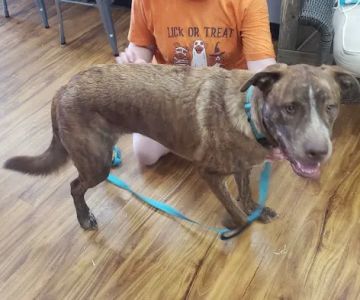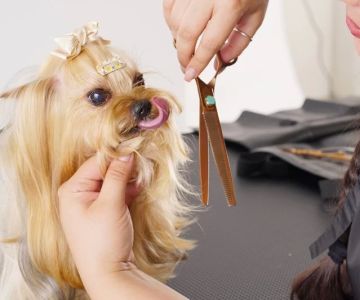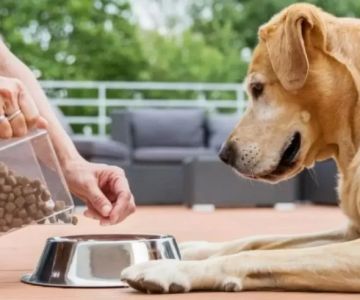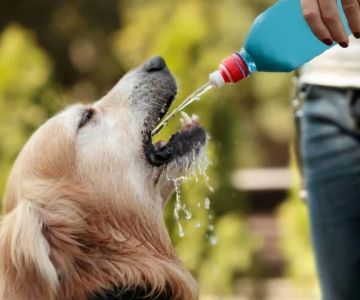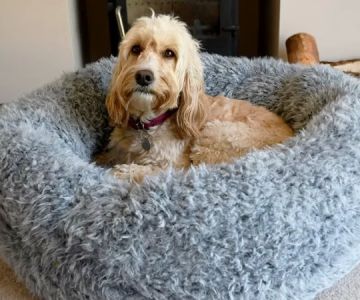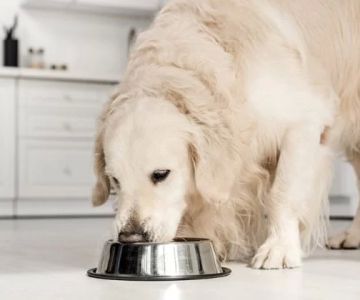- 1. Understanding Why Dogs Eat Poop
- 2. Behavioral Reasons for Poop Eating
- 3. Effective Strategies to Stop Your Dog from Eating Poop
- 4. Health Considerations: When to Consult a Vet
- 5. How Hidden Brook Veterinary Can Help with Behavioral Issues
1. Understanding Why Dogs Eat Poop
It’s one of the more perplexing behaviors many dog owners face—poop eating, also known as coprophagia. While it may seem repulsive to us, it's a relatively common behavior in dogs. Understanding why your dog is eating poop is the first step toward resolving the issue. Some dogs eat feces out of instinct, while others may do so due to stress, nutritional deficiencies, or behavioral problems.
2. Behavioral Reasons for Poop Eating
There are several behavioral reasons why dogs might eat poop, and identifying the cause is key to stopping this behavior:
Attention-Seeking Behavior
Some dogs may start eating poop because they’ve learned that it gets attention from their owners, whether it’s positive or negative. They quickly realize that it’s a surefire way to capture your attention.
Curiosity and Exploration
For puppies especially, eating poop might be a form of exploration. Just like how puppies investigate their world with their mouths, feces may be seen as another object to sniff or chew on.
Stress or Anxiety
In some cases, dogs may eat poop as a response to anxiety. Separation anxiety or changes in the household, like moving to a new place or the introduction of a new pet, can trigger this behavior.
3. Effective Strategies to Stop Your Dog from Eating Poop
If your dog is eating poop, don't worry—there are effective strategies you can use to break this habit. Here are some methods to help stop your dog from eating poop:
1. Supervision and Training
The first step is to supervise your dog when they’re outdoors or in the yard. Keep an eye on them to prevent them from consuming any feces. Positive reinforcement training can also work wonders—reward your dog with treats when they avoid feces and listen to your commands.
2. Clean Up Immediately
One of the simplest solutions is to remove the temptation. Immediately clean up after your dog when they go outside. If they don’t have access to feces, they can’t eat it.
3. Add a Special Supplement to Their Diet
Sometimes dogs eat poop due to nutritional deficiencies. Adding a specially designed supplement to their diet can help address these issues. Consult your vet to determine the best product for your dog’s needs.
4. Using Taste Aversion Products
You can also try products designed to make feces taste unpleasant to your dog. These are available at most pet stores and can be sprinkled on their food to create an aversion to poop eating.
4. Health Considerations: When to Consult a Vet
If your dog’s poop-eating behavior persists despite your best efforts, it could be a sign of underlying health problems. Nutritional deficiencies, gastrointestinal issues, or parasites could be contributing to this behavior. It’s essential to consult a veterinarian if you notice other signs of illness, such as vomiting, diarrhea, or lethargy, along with the coprophagia.


